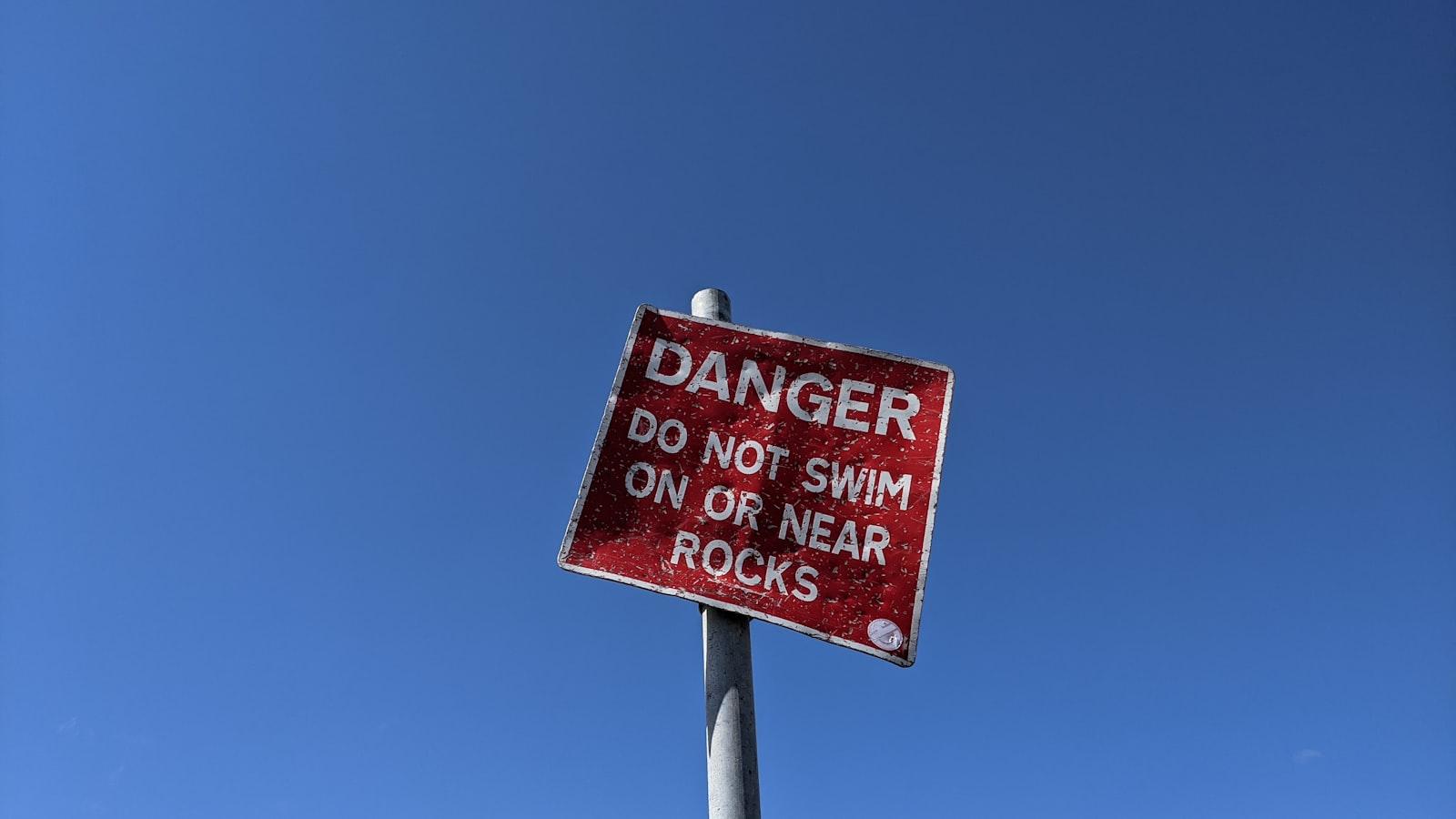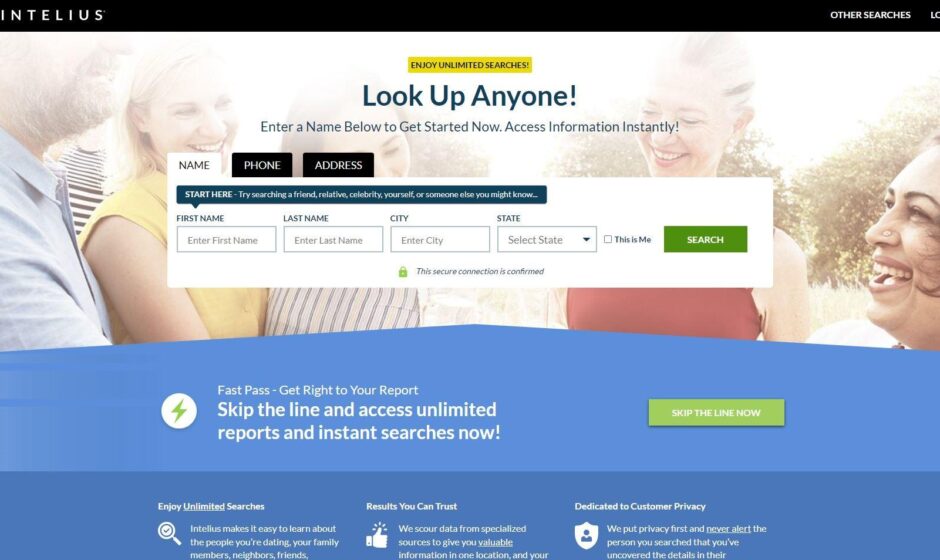Have you recently received a shocking road toll bill from the FBI? Take a deep breath and relax – it’s likely just a clever phishing scam. In a warning issued by the Federal Bureau of Investigation, they have highlighted a new tactic being used by cybercriminals to deceive unsuspecting victims. Let’s delve into the details and find out how to protect yourself from falling prey to this elaborate scheme.
Warning from the FBI
The FBI has issued a warning about a new phishing scam that is targeting individuals by claiming they owe a massive road toll bill. The scam involves sending emails or text messages to victims, asking them to click on a link to pay the supposed bill. However, the link leads to a fake website where scammers can steal personal information, such as credit card details and passwords.
<p>If you receive any communication claiming that you owe a large sum of money for road tolls, be cautious. The FBI advises individuals to:</p>
<ul>
<li>Verify the legitimacy of the communication by contacting the toll company directly.</li>
<li>Avoid clicking on any links or providing personal information to unknown sources.</li>
<li>Report any suspicious emails or text messages to the FBI's Internet Crime Complaint Center (IC3).</li>
</ul>
Understanding the Phishing Scam
Phishing scams are on the rise, with scammers finding new and innovative ways to trick unsuspecting victims into handing over sensitive information. The latest scam making the rounds involves fake road toll bills, designed to scare recipients into clicking on malicious links or providing personal information. The FBI warns that these emails are not legitimate, and clicking on any links or providing any information could expose you to identity theft and financial fraud.
It’s important to stay vigilant and always verify the authenticity of any unexpected emails or messages you receive. Remember, legitimate organizations will never ask you to provide sensitive information via email. If you receive a suspicious email claiming to be from a government agency or organization, do not click on any links or provide any information. Instead, contact the organization directly to verify the request.

How to Spot and Avoid Falling for the Scheme
Be cautious when receiving unexpected emails or messages claiming that you owe a significant amount of money for a road toll bill. Scammers often use fear tactics to pressure victims into providing personal information or making payments. Remember that legitimate organizations like the FBI will not demand immediate payment or threaten legal action through unsolicited emails.
To avoid falling for phishing scams like this, **here are some tips** to help you spot and protect yourself:
- Verify the sender’s email address or phone number before responding
- Avoid clicking on any links or downloading attachments from suspicious emails
- Contact the alleged organization directly to confirm the validity of the claim
- Be wary of urgent language or threats in the message

Protecting Yourself from Phishing Scams
Phishing scams continue to be a prevalent threat in the online world, with scammers using various tactics to trick unsuspecting victims into providing personal information. The FBI recently issued a warning about a new phishing scam involving fake road toll bills. These emails claim that the recipient has a massive road toll bill that needs to be paid immediately or legal action will be taken.
It’s important to remain vigilant and protect yourself from falling victim to these types of scams. Here are some tips to help you stay safe:
- Verify the sender: Check the email address of the sender to see if it matches the official website of the organization they claim to be from.
- Avoid clicking on links: If you receive an email with a suspicious link, do not click on it. Instead, go directly to the official website of the organization to verify any claims.
- Keep your personal information secure: Never give out sensitive information like passwords, social security numbers, or credit card details in response to an unsolicited email.
In conclusion, it is important to always be cautious and vigilant when receiving unexpected emails or messages claiming to be from official organizations. Scammers are constantly evolving their tactics to deceive individuals, but with the right knowledge and awareness, we can protect ourselves from falling victim to their schemes. Remember, the FBI will never demand payment for fines or toll bills through unsolicited emails or phone calls. Stay informed, stay alert, and stay safe.


